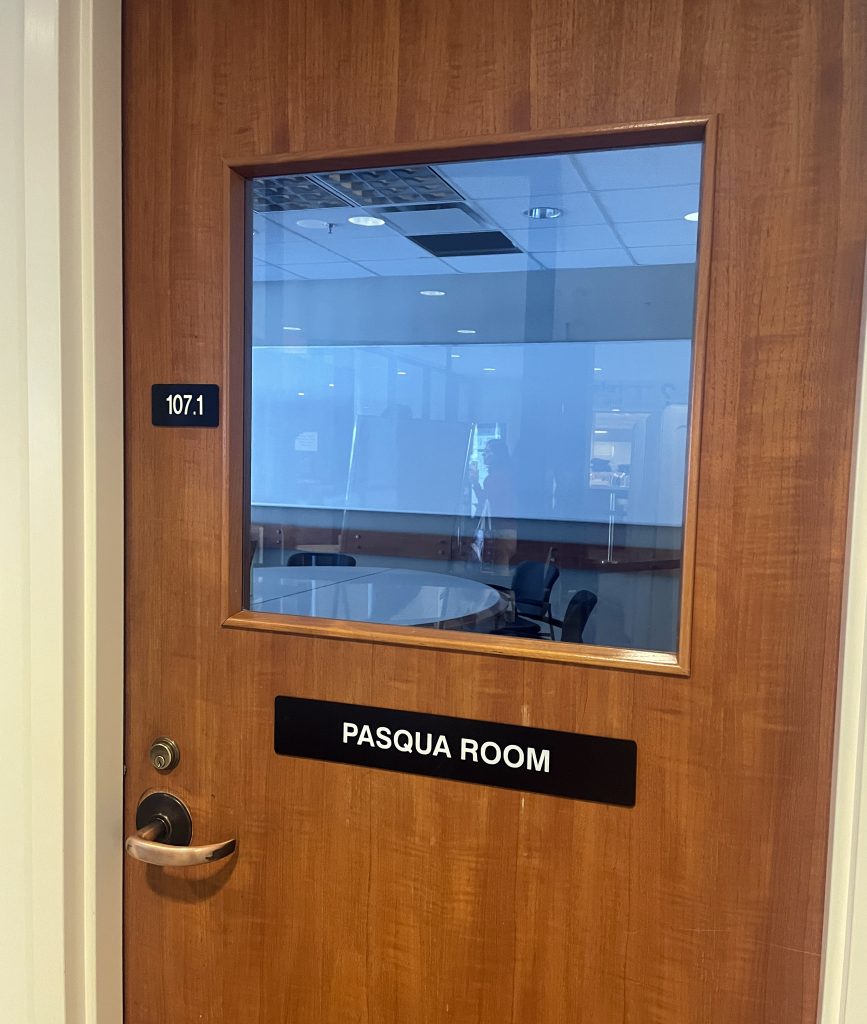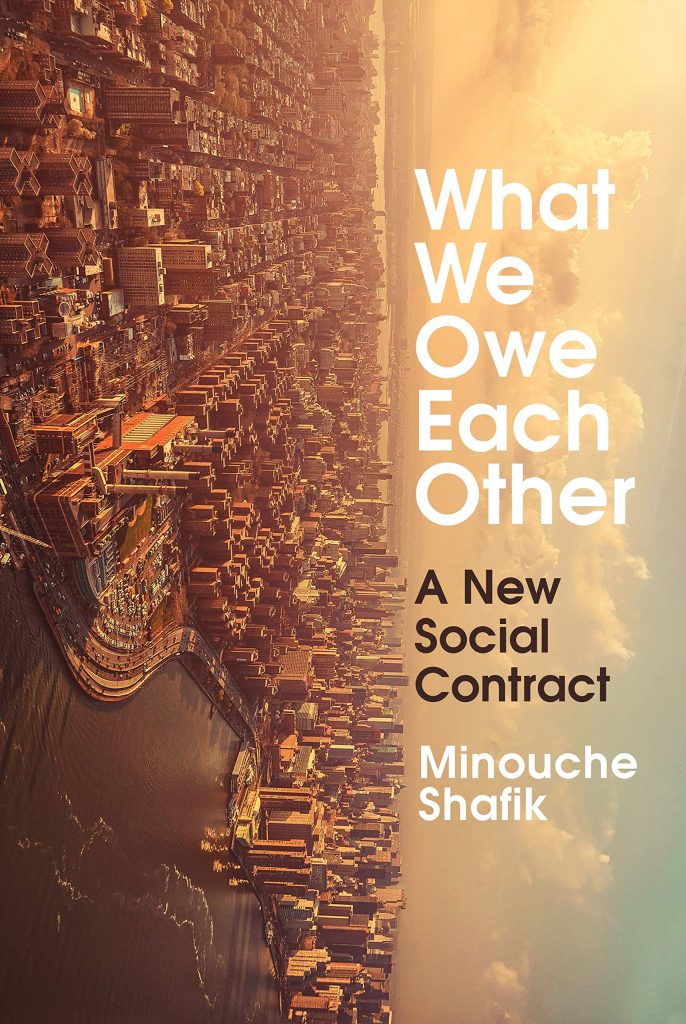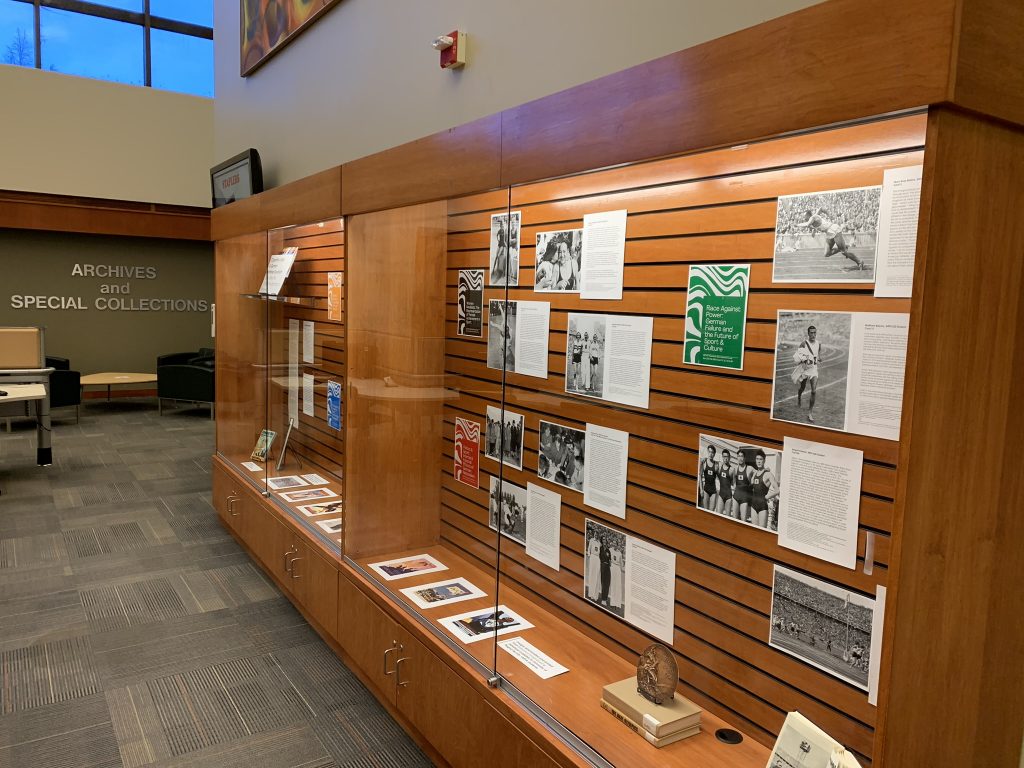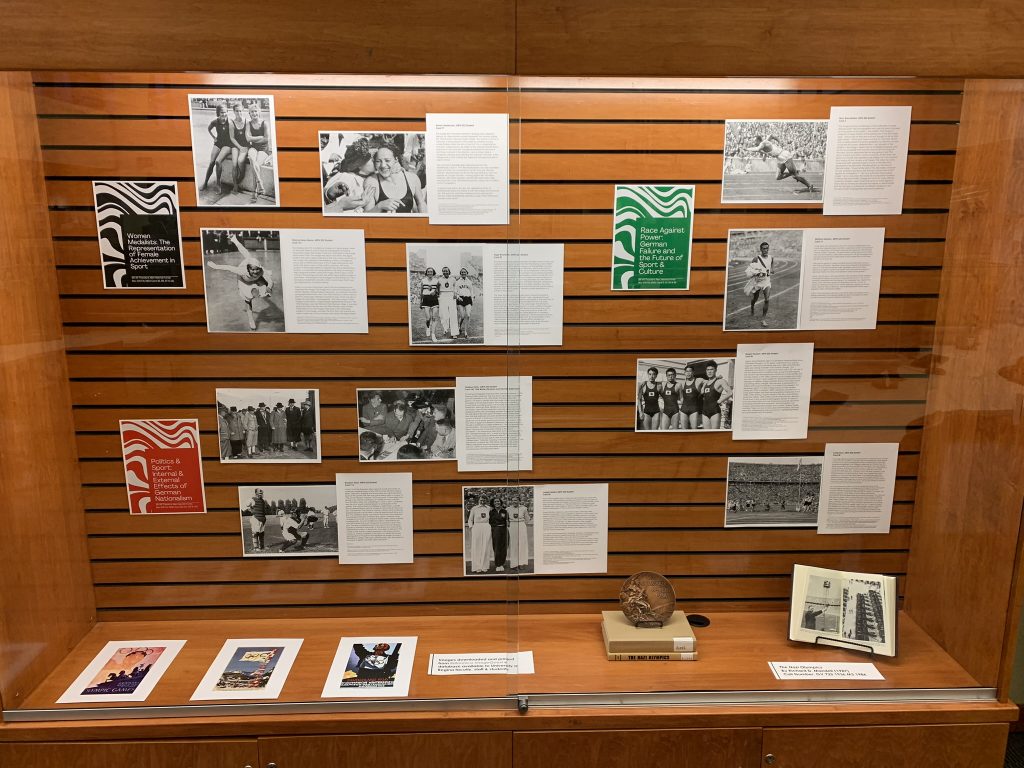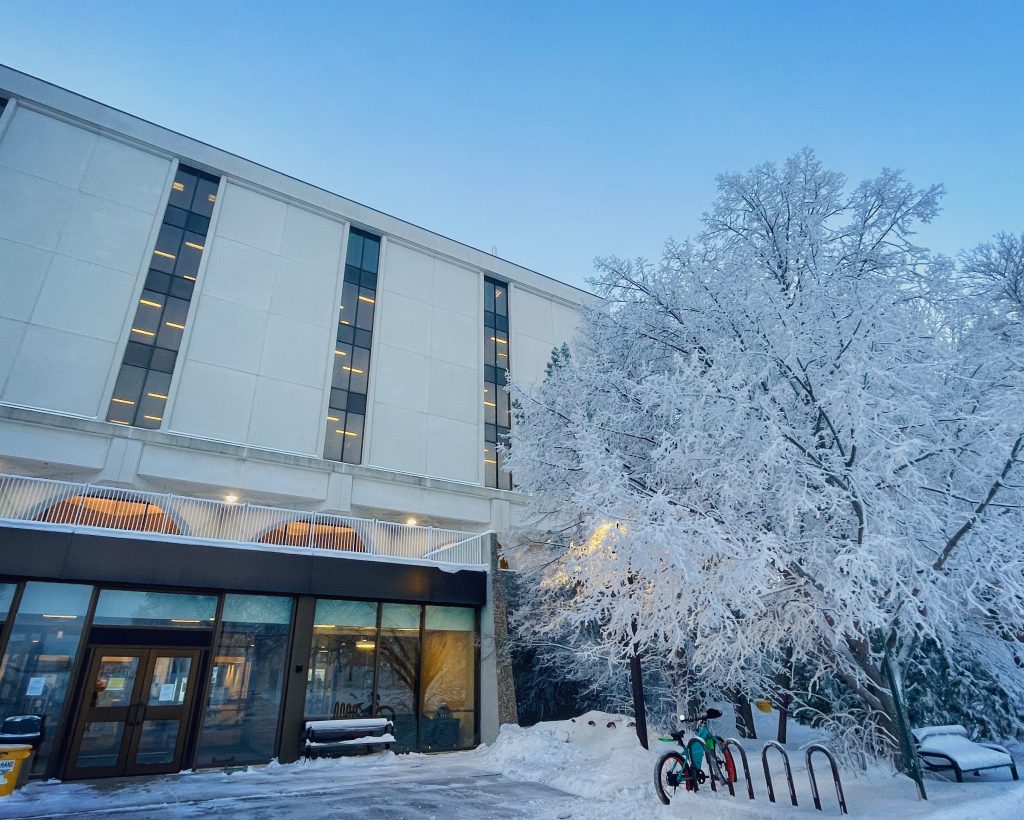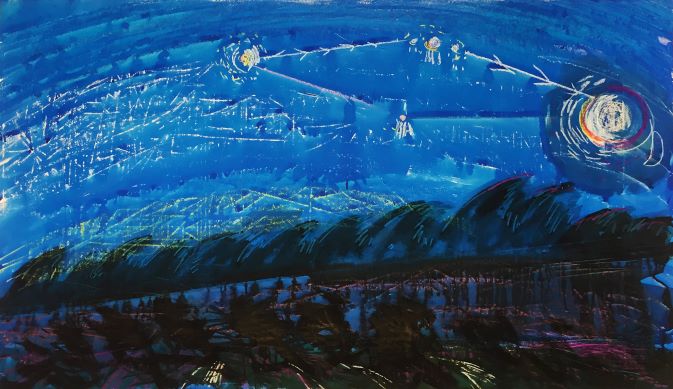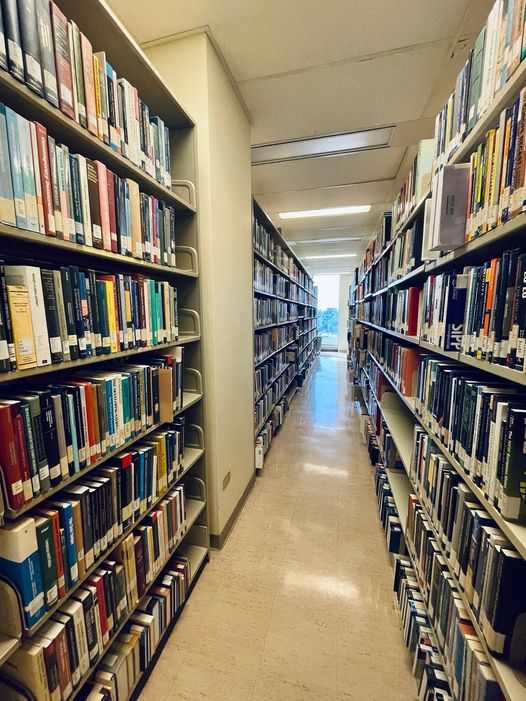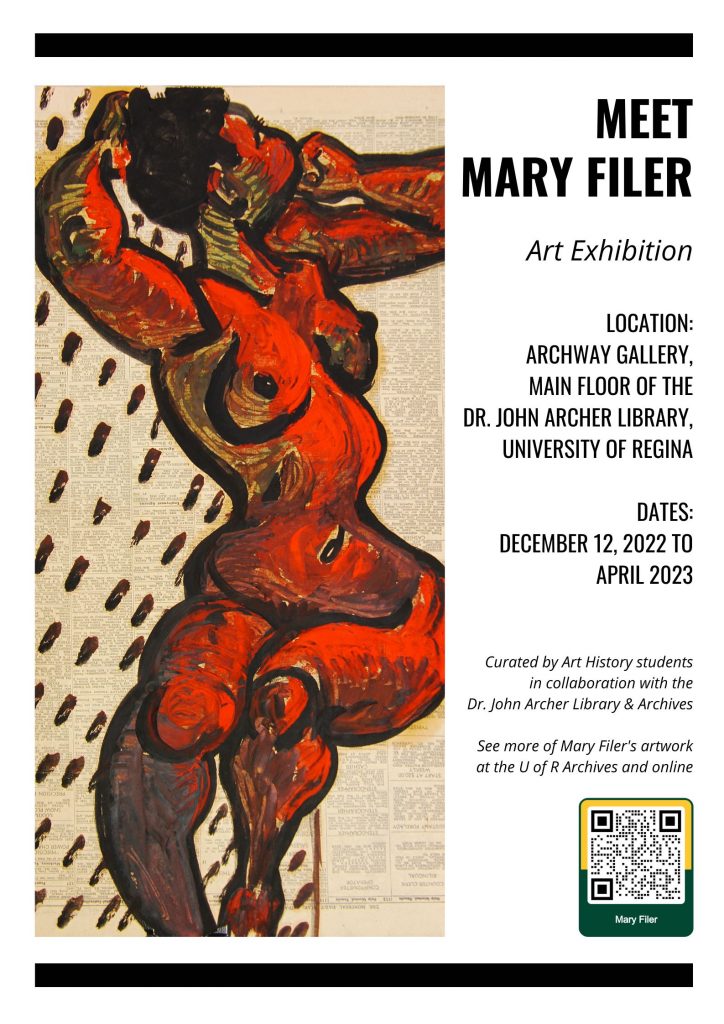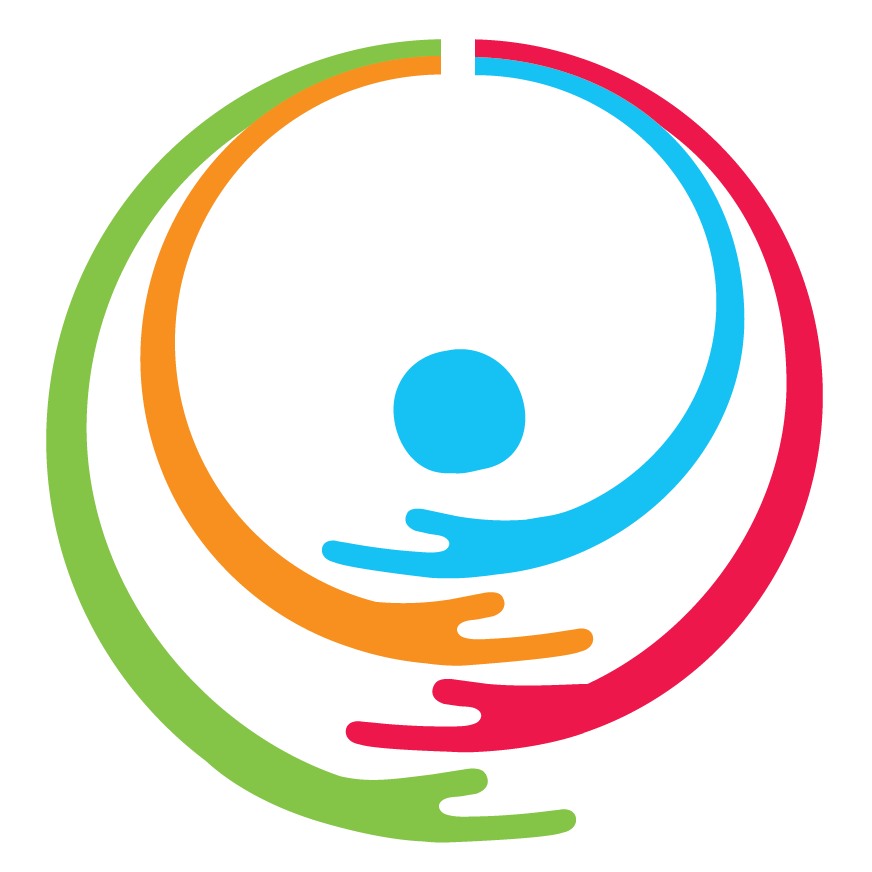– by Kaetlyn Phillips
Thanks and appreciation to Ari at UR Pride for talking to me about this topic.
There are two phrases that come to mind when I think about invisible data. First, “what is measured, is treasured.” Second, “If it counts, it is counted; if it isn’t counted, it doesn’t count.” Now, these are simplified phrases describing complex matters when it comes to data and data collection, but the message is important. Visibility matters. Representation matters. Invisible data builds oppressive and harmful systems. In 2021 Canada became the first nation to collect and release census data on transgender and non-binary people. In this blog we are going to explore what became visible and what remains invisible for now.
The 2021 census is most likely the largest dataset measuring gender and sex at birth in Canada and provides a nation-wide snapshot of the population of gender minorities. It’s obvious that sensitivity and community consultation occurred when designing a more inclusive series of questions on gender, but no question is going to be perfectly written and perfectly executed. In the case of the census, there are two key changes. First, each household member was asked sex at birth. Second, each household member was asked their gender. The options for gender were male, female, and a blank category. The blank category was intended to allow diverse answers, but some terms were aggregated into a non-binary category. Aggregation is typically done to protect confidentiality and to make the data more manageable, but this does make some of the data invisible. Gender identity is diverse and choosing a term to describe one’s identity is personal. The story behind why people choose specific terms to describe themselves is a valuable part of representation that simply can’t be captured by the two questions on the census.
We also need to consider how the data was collected and why some data may still be invisible. The census is a household survey and as a result data on trans and non-binary youths were able to be collected. However, we need to consider that coming out is a complicated process that can also be dangerous, with danger possibly coming from one’s own family. We know from other Statistics Canada surveys, the Survey of Safety in Public and Private Spaces and the Canadian Health Survey of Children and Youth, that trans and non-binary people are more likely to experience discrimination and violence. As a result, it’s possible some people chose to not to disclose this information because they didn’t feel safe or didn’t feel ready.
Which brings us to the next aspect of the new data to consider: What is still invisible? One benefit of the census data is the release of more detailed data breakdowns. Currently the data are available at provincial and territorial levels and urban centres, but usually more granular data are released as analysis is completed. These granular data are accessible to researchers either through Public Use Microdata Files, Real Time Remote Access, custom tabulations, or through Research Data Centres. The level of access is determined by the sensitivity of the data and to protect the privacy of the participants. In Canada, one benefit of the more granular data is they allow us to explore urban / rural divides and barriers for trans and non-binary people. This could be particularly beneficial in using data as evidence to address barriers in healthcare access, poverty vulnerability, and experiences of violence and victimization. Other studies done by government committees and community-based research groups (including Sex Now and Trans Pulse) have already shown these barriers, but the census data – and more diverse data collection from Statistics Canada – can add to the analysis.
What needs to be done next? The change to the census is a first step in being more representative in terms of data collection. I hope it represents a path forward where Statistics Canada, and other survey based data collection, improves questionnaires to better reflect gender diversity.
Local Support Networks:
UR Pride
TransSask
